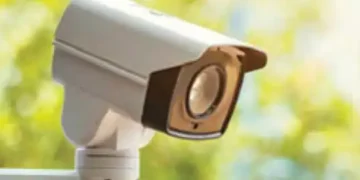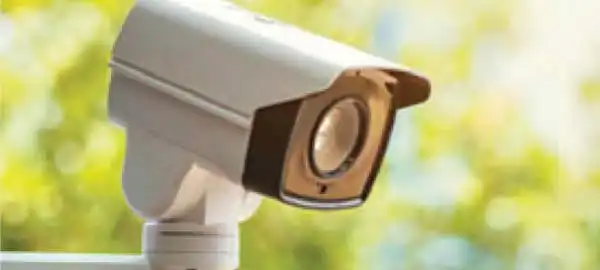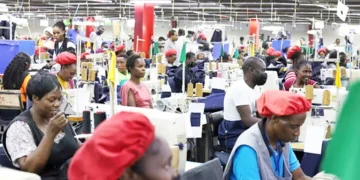Blitz Bureau
MOGADISHU: Shop owners in Somalia’s capital are caught between a rock and a hard place over a Government directive that they install CCTV cameras outside their businesses to intensify surveillance of Islamist insurgents who have a strong presence in the city, reports BBC.
The businessmen say if they put up the cameras they risk being gunned down by the al-Shabab insurgents, and if they do not, they could be arrested by the police. The BBC in its report has changed the names of the businessmen and homeowners for their safety.
“The CCTV cameras are why you now see me at home,” says former shopkeeper Hamza Nuur, 48, as he sits on a sofa holding one of his children. He tells the BBC that he took the painful decision to sell his business to avoid incurring the wrath of either side. “You’re told not to remove the cameras by one side and then you’re told to remove the cameras by the other side. Depending on the choice you make, you’ll either have a bullet or prison cell waiting for you,” the BBC report quoted Nuur as saying.
The Government issued a directive last year to shopkeepers to install CCTV cameras – at their own cost – to deter attacks by al-Shabab. Mogadishu’s Deputy Mayor Mohamed Ahmed Diriye told the BBC Africa Daily podcast that the decision has paid off. “There used to be four or five bombings per month in Mogadishu but that’s no longer the case,” he said.
The Government has now ordered residents to install the cameras outside homes and apartment blocks, raising fears among many people that al-Shabab could bring its war into their homes. Since October, al-Shabab has killed four businessmen in 10 attacks related to the installation of CCTV cameras, according to a leading violence monitoring group, Armed Conflict Location & Event Data (ACLED).
The Government’s directive was aimed at ultimately disrupting al-Shabab’s sources of funding as it extorts money out of shop owners, but the retaliatory attacks by the insurgents “have forced many businesses in Mogadishu’s main markets to close their doors for days”, ACLED added in a report published on its website.































